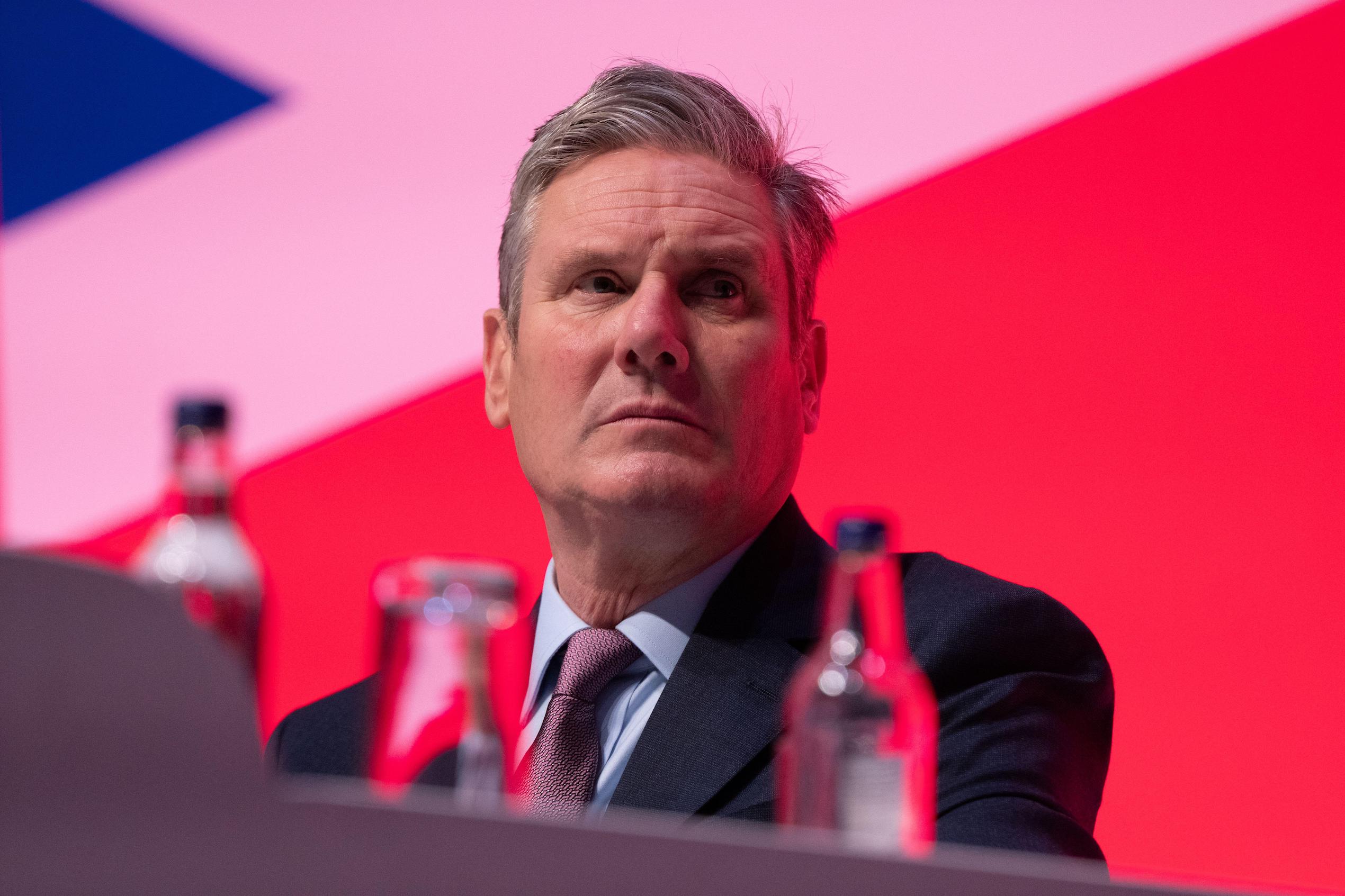The Labour Party has today announced its intention to scale back its flagship Green Prosperity Plan, with the previous figure of £28 billion of funding per year now ditched.
The party’s clean energy policy has now been downgraded to £4.7 billion a year in a major U-turn.
Labour leader Keir Starmer said that the Green Prosperity Plan “is about turning a corner on fourteen years of Conservative decline and investing in Britain’s future”.
Speaking to reporters in parliament he blamed the Conservative Party for “maxing out the credit card” and insisted that the original pledge was no longer affordable.


Under the new slimmed down blueprint public funding for a major home insulation drive has been reduced from a planned £6 billion a year to just £1.2 billion.
Meanwhile the budget for Great British Energy, a publicly owned energy company that Labour plans to set up, will be handed £1.7 billion a year of taxpayers’ cash.
Rachel Reeves, the shadow chancellor, said it will be financed by hiking tax on energy producers’ profits from 75 per cent to 78 per cent, raising £2.2 billion a year.
The move will be the subject of controversy after John McTernan, who served as Blair’s political secretary, called the planned retreat “very disappointing” in response to reports yesterday.
Asked to comment on the reports, which were widespread yesterday, McTernan told the BBC’s Newsnight programme: “It is probably the most stupid decision the Labour Party has made.”
“This is a decision that we have to make now to decarbonise our economy and it is one which stands for a purpose, a great purpose, a grand purpose. Great parties have great causes”.
He added: “If you don’t have a great cause, you want to change from this Government, sure, but change to what? What is the change Labour now offers? It is very disappointing.”
In recent days, the Labour leader had insisted he was committed to meeting the £28 billion pledge, which was first made in 2021. But a public divide between him and the shadow chancellor, Rachel Reeves, had emerged — with Reeves repeatedly refusing to commit to the £28 billion investment target.
Last week, the shadow chancellor was asked on ten occasions if she wanted to commit to the so-called Green Prosperity Plan as it previously stood. Instead, she told Sky News: “The Conservatives crashed the economy and sent mortgage rates and the cost of government borrowing soaring”.
“That does change what will be possible for an incoming Labour government.”
Starmer, on the other hand, cited the £28 billion figure as recently as this week. He told Times Radio: “We want to have clean power by 2030 … That’s where the £28bn comes in, that investment that is desperately needed for that mission.”
Reports have pointed to an internal divide in the party over the figure, with supporters said to have been shadow energy secretary Ed Miliband, deputy leader Angela Rayner and shadow international development minister Lisa Nandy.
Among those opposed to the £28 billion target were reported to be shadow Cabinet Office minister Pat McFadden, top strategist Morgan McSweeney and Rachel Reeves.
Announcing the plan in 2021 at Labour Party conference, the shadow chancellor promised that a Labour government would borrow £28 billion a year for five years to fund green energy projects and infrastructure.
Vowing to be Britain’s first “green chancellor”, she said: “As chancellor I will not shirk our responsibility to future generations and to workers and businesses in Britain”.
She added: “No dither, no delay. Labour will meet the challenge head on and seize the opportunities of the green transition. We will provide certainty and show leadership in this decisive decade.”
Announcing its new green energy commitment today, the Labour Party emphasised its plan to introduce a new publicly owned company called Great British Energy.
The company, which Labour has already announced will be headquartered in Scotland, is set to be given an initial capitalisation of £8.3 billion in the next parliament, the party confirmed.
This includes the £3.3 billion already announced for the party’s Local Power Plan.
Speaking today, Rachel Reeves said: “Labour is ambitious for Britain’s future. There is a global race taking place in the jobs and industries of the future, and we are determined to lead it.
“All the Conservatives are offering the country is five more years of economic failure that will working people choice. Labour has a plan to invest and to get Britain’s future back.”
Ed Miliband said: “Labour will be fighting the election with a world-leading agenda on climate and energy with every single individual policy already announced now confirmed for the manifesto: Great British Energy, a National Wealth Fund, a Warm Homes Plan, a British Jobs Bonus, a Local Power Plan and no new oil and gas licences as well as our 2030 clean power mission”.
Chancellor Jeremy Hunt claimed today Labour’s decision to axe the £28 billion green investment pledge showed “what sort of chaos” Britain would face if the party is elected later this year.
He tweeted: “After four years of Sir Keir Starmer’s leadership it seems like Labour’s only economic plan is to copy the Conservatives.
“But if their policies flipflop like this in opposition, what sort of chaos would the British people have to endure if they got into power?”
Politics.co.uk is the UK’s leading digital-only political website, providing comprehensive coverage of UK politics. Subscribe to our daily newsletter here.












